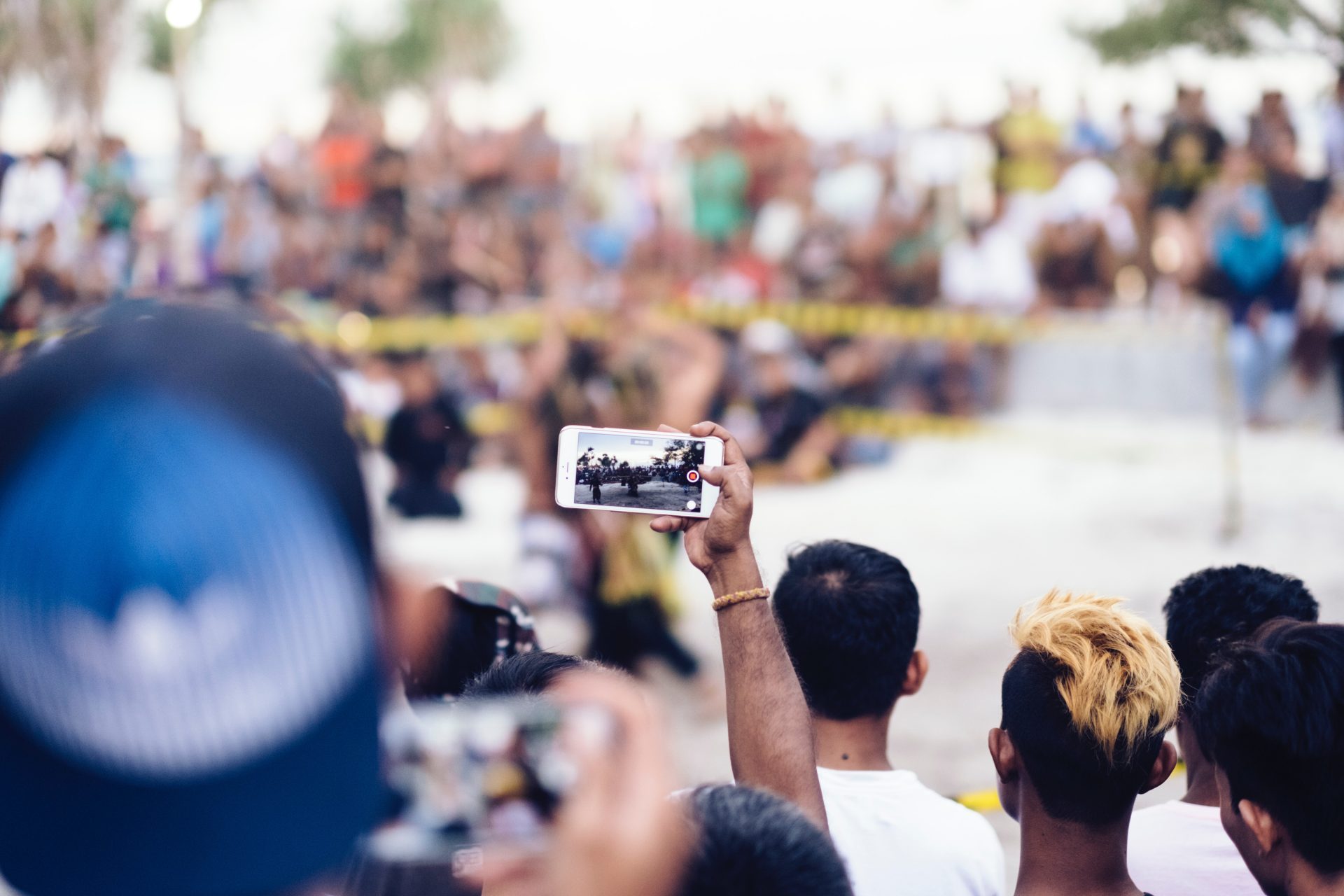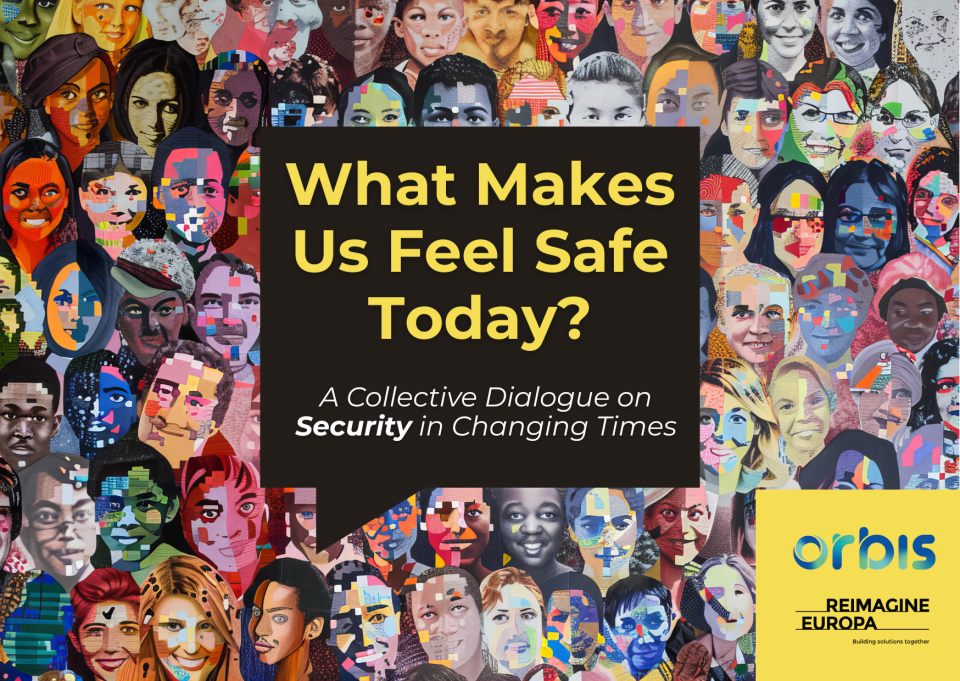| Start date: | 27/06/2018 |
|---|---|
| End date: | 27/06/2018 |
| Where: | European Parliament |
Fake news, alternative facts, post-truth era, circular reporting, echo-chambers, filter bubbles… the number of headlines that pop-up each day on fake-news and the challenges of today’s media environment show how timely this issue is and how pressing it is to come with a systematic, empirical and theoretical approach to deal with the issue of how (dis)information spreads on social media. Lionel Barber from the Financial Times summed up the challenges of fake news (FT 16 September 2017) as follows:
“Fake news damages public trust in news media. Fake news undermines public confidence in our democratic discourse. Fake news exacerbates economic pressures facing quality news organisations. Finally, and perhaps most importantly, fake news highlights issues of responsibility and regulation in our fast-evolving media ecosystem.”
In 2017, the European Commission commissioned a study on “mechanisms that shape social media and their impact on society – SMART 2017/0090” to better understand how (dis)information spreads on social media and how this impacts society at large. In addition to creating an overview of the current state-of-the-art in research the study will also pursue original research to test some of the key findings and start developing an EU Observatory on Social Media that can monitor the impact of this new medium.
In the context of this study, MEP Nils Torvalds is glad to host a workshop organised by Re-Imagine Europa together with CNR, PlusValue, the University of Warsaw, Catchy and HER to bring together key representatives from the European Commission, the European Parliament and Academia ahead of the upcoming European Elections to address these issues.
The aim of the workshop is to be pragmatic, creating an overview of activities that will be running from now to the European elections, find possible areas of synergies and collaboration to be able to develop a coherent and coordinated effort to:
a. Create awareness of existing efforts and activities to increase collaboration and synergies;
b. Map and collaborate on data collection and monitoring;
c. Analyse the impact of activities on social media on the results of the elections in France and Italy;
d. Assess what actions could be done to increase impact of evidence, “real news” and evidence-informed political decision-making;
e. Assess how social media could be used as a positive tool to engage citizens in a constructive public discourse ahead of the European elections;
f. Understand how social media can be used as a tool to better understand and listen to concerns of citizens across Europe.
This workshop is part of a series of workshops that will be organised to address these issues. A second workshop will be organised in September 2018 focussing on “EU Narratives” more specifically.
These workshops will also feed into the Re-Imagine Europa programme on “Democracy in a Digital Society”.




